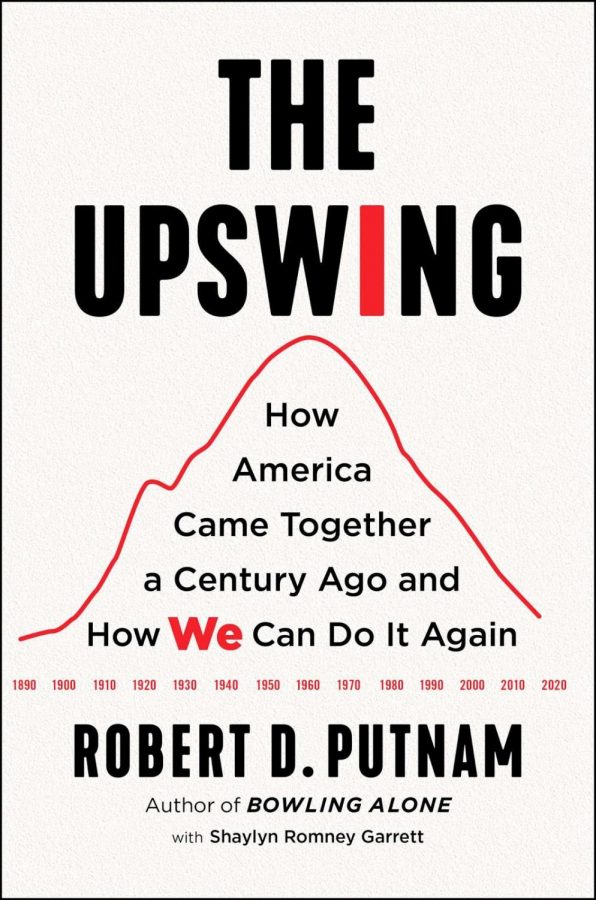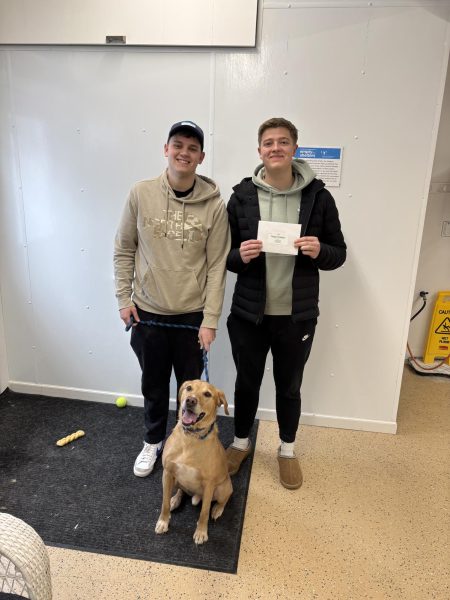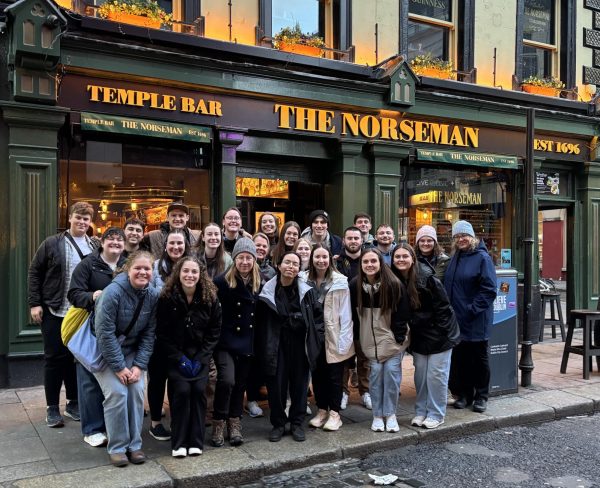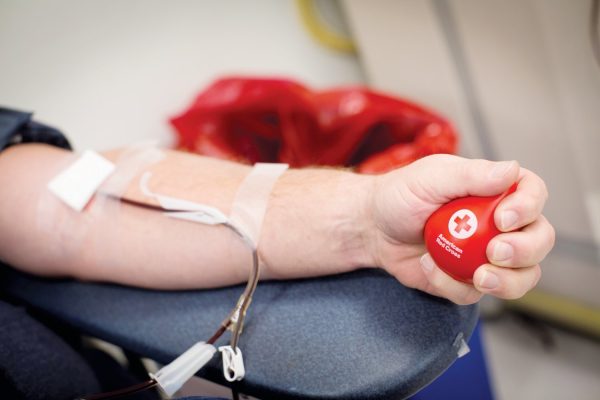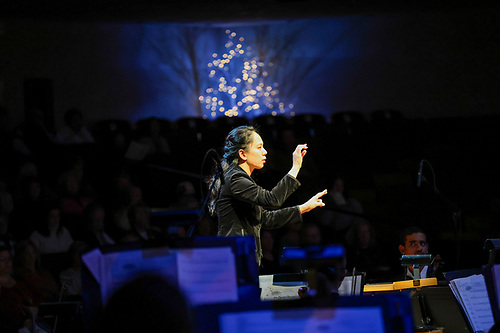Lifelong Learners Analyze “The Upswing” of Past and Present American Politics
Last week, members of the Luther community gathered for discussion about the accelerating inequality, unprecedented political polarization and fraying social fabric that is central in the book “The Upswing: How America Came Together a Century Ago and How We Can Do It Again” by Robert Putnam and Shaylyn Romney Garrett.
On February 24, 2021 Luther hosted the Zoom event “Lifelong Learners: An Angry & Fractured America. How Did We Get Here?” The Lifelong Learners book club provides people with a chance to enjoy the academic programs at Luther College, engage in scholarly dialogue, and study in a college setting.
The three leaders of the seminar were Professor Emerita of French Ruth Caldwell, Professor Emeritus of Political Science Paul Gardner, and Professor Emeritus of Communication Studies Alan Lerstrom. Gardner explained the concept behind the book, and why they chose it for the seminar.
“It’s a book on how America faced this situation, meaning a very divided country, about 100 years ago,” Gardner said. “Somethings similar, somethings not so similar, but faced it about a hundred years ago [late nineteenth century, early twentieth] and developed ways to turn things around a little bit, to move a little bit away from what they [Putnam and Romney Garrett] called an emphasis on ‘I’ to an emphasis on ‘we.’”
Based on “The Upswing,” the lecture provided a history of how Americans faced and overcame similar challenges seen now around 100 years ago. There is one more session on the book before the seminar is over for the semester. Caldwell explained what she believes some of the key takeaways of the program are.
“We often look at the sixties as the beginning of something,” Caldwell said. “And it’s true that the Civil Rights legislation of 1964 was critical, but the problem with that is it was really a pivot, and we started going down after that with various kinds of backlash. The author[s] refers to it as ‘taking our foot off the gas.’ What is good about the book is that it doesn’t just say what a mess we’re in but, at the end, how we might consider an ‘upswing.’”
The Lifelong Learners are usually retired Luther faculty, staff and alumni that are interested in continuing their study of liberal arts, global issues, and academic research. Originally the Lifelong Learners was a part of campus programming, but two years ago, Associate Director of Alumni Relations Kirk Johnson took it over.
Johnson changed the original format of a luncheon to a coffee meeting, and he shared that the faculty involved in teaching the lectures are volunteering their time. Johnson hopes that the group will continue to meet through April and May, and be able to meet in person in the fall. He shared some of his observations about the Lifelong Learners.
“It’s always been a thoughtful group, even when we were going live,” Johnson said. “They’re just really bright folks. They like the engagement, they like the banter of arguing points and sharing stories … I was really impressed with the discussion today [Feb. 24] because so many people shared personal anecdotes about serving in Vietnam and going to Chicago during the Democratic National Convention in 1968.”
The next meeting with the Lifelong Learners will take place on March 3 and will shift its focus from “The Upswing” to the organization of Braver Angels, a citizen’s organization that aims to depolarize American politics. Johnson explained that the Lifelong Learner seminars are a place for education and community.
“Particularly during this pandemic, it’s been very interesting,” Johnson said. “I feel, and I know my volunteer instructors feel, that this is a real important avenue for us to reach out to the greater community and provide them with an opportunity for some thoughtful discussion.”

